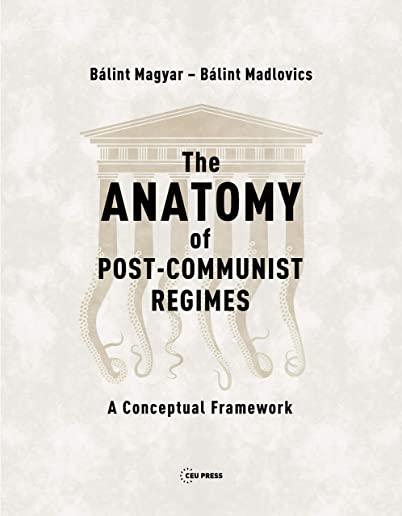
Offering a single, coherent framework of the political, economic, and social phenomena that characterize post-communist regimes, this is the most comprehensive work on post-communist regimes to date. Beyond cataloguing the actors, institutions, and dynamics of post-communist democracies, autocracies, and dictatorships, Magyar and Madlovics also conceptualize everything as building blocks to a larger, coherent structure: a new language for post-communist regimes.
The analysis embraces the color revolutions of civil resistance (as in Georgia and in Ukraine) and the defensive mechanisms of democracy and autocracy; the evolution of corruption and the workings of "relational economy"; an analysis of China as "market-exploiting dictatorship"; the sociology of "clientage society"; and the instrumental use of ideology, with an emphasis on populism.
While being the most definitive book on the topic, the book is nevertheless written in an accessible style suitable for both beginners who wish to understand the logic of post-communism and scholars who are interested in original contributions to comparative regime theory.







